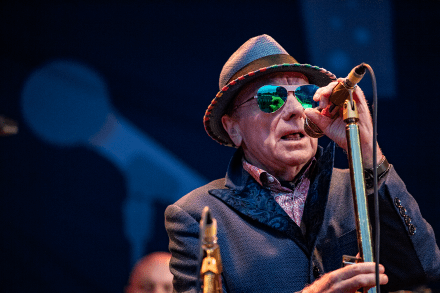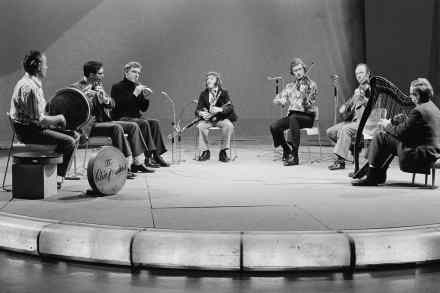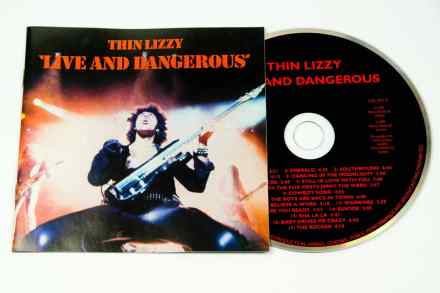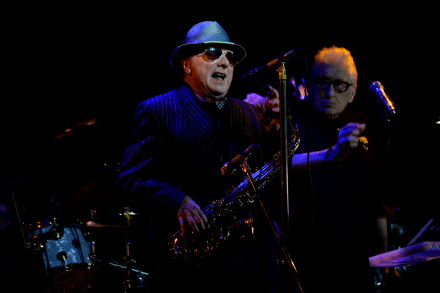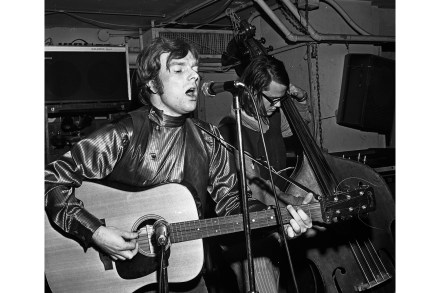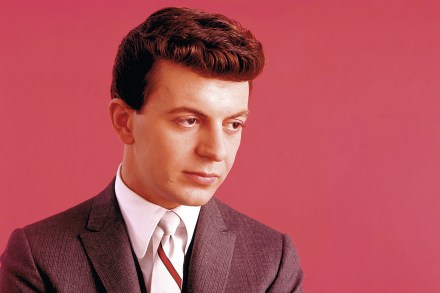Van Morrison is sounding better than ever
There is a website called setlist.fm which allows its users to vicariously attend pretty much any concert. Search the name of an artist and a comprehensive history of their live performances will appear, spanning decades long gone to the hour just past. Setlist.fm is both a useful resource and a massive spoiler-fest; the music equivalent of skipping to the last page of a book. Those planning to see a band can discover in advance most of the songs they are likely to hear. Those whose interest starts waning mid-gig can check to see how many songs are left. Those who stayed at home can soothe themselves with the thought that
